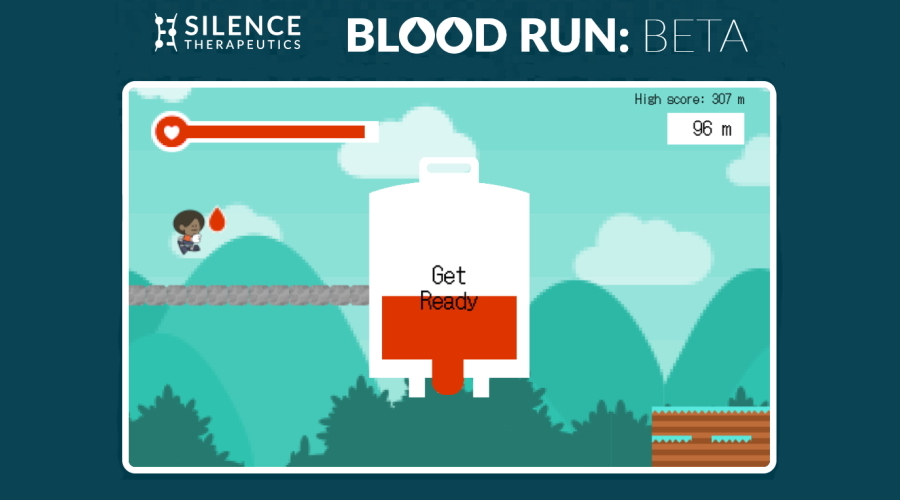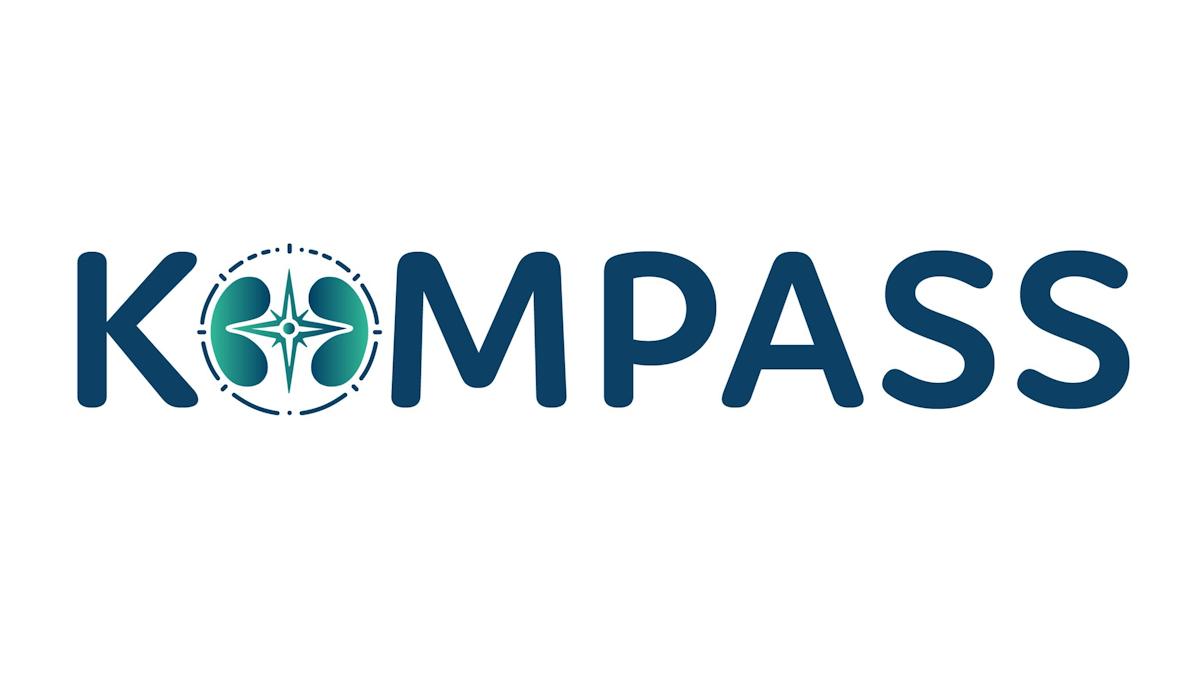Silence Tx uses game to raise thalassaemia awareness

UK biotech Silence Therapeutics has launched an online game to raise the profile of the rare blood disorder thalassaemia, and one of its most common symptoms.
Blood Run Beta can be played online at www.bloodrunbeta.game and has been launched in the build-up to International Thalassaemia Day on Saturday 8 May. It aims to help players learn more about the daily impact of thalassemia and in particular fatigue, which can have a significant impact on patients' daily lives.
Thalassaemia is a severe genetic disease that is characterised by significantly reduced production of functional beta-globin, a component of haemoglobin, the oxygen-carrying protein in the blood. Severely-affected patients need regular blood transfusions to maintain their haemoglobin levels.
The aim of the sideways scrolling platform game is to run as far as possible without player's energy meter reaching zero, leaping gaps and avoiding everyday obstacles that can be tiring whilst replenishing energy levels by finding drops of blood, which represent blood transfusions.
The game also includes a social media element, with players encouraged to post their scores with the hashtag #BloodRunBeta to "draw public attention to this underrecognised community with high unmet need", according to Silence.
https://twitter.com/SilenceTheraPlc/status/1389881314384523264
While there have been some instances of games being developed to help patients with chronic diseases manage their conditions, there are relatively few examples where a game is designed specifically to raise awareness among the public.
One example that falls into this category was Game Doctor's Remedy Quest, launched into schools last year with the help of a £50,000 grant from the UK government, which is designed to educate young people about COVID-19 by simulating virus prevention and control scenarios.
According to Silence's chief medical officer – Dr Giles Campion – while great strides have been made in recent years to raise awareness of thalassaemia, there is still more that can be done.
"The burden of the disease and current treatment options that can be highly disruptive to daily life for patients and their families are often under-recognised," he said.
Thalassemia is a core focus for Silence, which specialises in developing drugs based on RNA interference that switch off genes associated with diseases. It has a candidate in development that targets TMPRSS6, an enzyme that reduces levels of a protein (hepcidin) that controls iron levels in the body.
In thalassaemia, low levels of hepcidin can lead to iron overload, with an accompanying anaemia that may be addressed by reducing the activity of TMPRSS6 with an RNAi drug.













